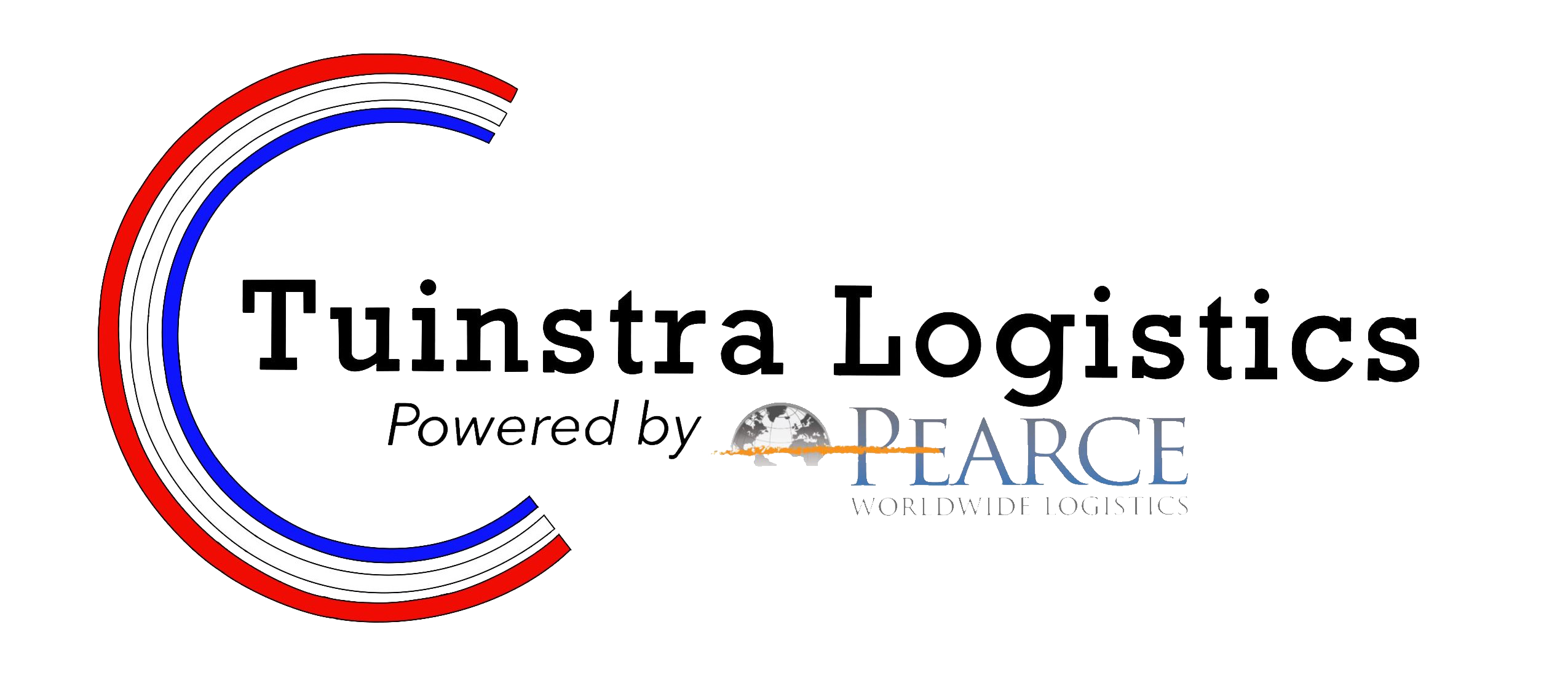A well-optimized supply chain is crucial for reducing costs, improving delivery times, and enhancing customer satisfaction. Here are actionable steps to maximize the efficiency of your supply chain:
1. Leverage Technology
Utilize advanced tools and systems to streamline processes and improve visibility across the supply chain.
- Adopt Supply Chain Management Software: Platforms like SAP, Oracle, or NetSuite enable real-time tracking and data analysis.
- Use IoT Devices: Smart sensors monitor inventory levels, shipment conditions, and vehicle performance.
- AI and Machine Learning: Predict demand, optimize routes, and identify potential bottlenecks.
2. Enhance Inventory Management
Efficient inventory management ensures you have the right products in the right quantities at the right time.
- Implement Just-in-Time (JIT): Reduce excess inventory and storage costs by receiving goods only as they are needed.
- ABC Analysis: Categorize inventory based on importance and prioritize high-value items.
- Regular Audits: Conduct frequent inventory checks to avoid discrepancies.
3. Build Strong Supplier Relationships
Collaborate closely with suppliers to ensure reliability and flexibility in meeting demands.
- Establish Clear Communication Channels: Share forecasts and updates to minimize disruptions.
- Diversify Suppliers: Reduce dependency on a single source to mitigate risks.
- Evaluate Performance: Regularly assess supplier performance and address any issues proactively.
4. Optimize Transportation and Logistics
Streamline transportation processes to reduce costs and improve delivery times.
- Route Optimization: Use GPS and AI-powered tools to find the fastest and most cost-effective routes.
- Consolidate Shipments: Combine smaller shipments into larger ones to reduce transportation expenses.
- Partner with Reliable Logistics Providers: Ensure timely and secure delivery of goods.
5. Increase Supply Chain Visibility
Real-time visibility helps identify and resolve issues quickly.
- Track Shipments: Use tracking tools for end-to-end shipment monitoring.
- Cloud-Based Platforms: Provide centralized access to supply chain data for all stakeholders.
- Transparency with Partners: Share data with suppliers, distributors, and customers to enhance coordination.
6. Focus on Sustainability
Adopt eco-friendly practices to save costs and meet regulatory standards.
- Optimize Packaging: Use lightweight and sustainable materials.
- Eco-Friendly Transportation: Switch to electric or hybrid vehicles where possible.
- Energy-Efficient Warehousing: Install energy-saving systems like LED lighting and solar panels.
7. Continuously Evaluate and Improve
Regular assessments ensure your supply chain evolves with changing business needs.
- Key Performance Indicators (KPIs): Track metrics such as order accuracy, delivery times, and inventory turnover.
- Customer Feedback: Incorporate feedback to address pain points and improve service.
- Conduct Regular Audits: Identify inefficiencies and implement corrective actions.
8. Develop a Resilient Supply Chain
Prepare for potential disruptions by creating contingency plans.
- Risk Management Plans: Identify potential risks and develop strategies to mitigate them.
- Flexible Supply Networks: Adapt to changing demands with alternative suppliers and routes.
- Scenario Planning: Use predictive models to simulate and prepare for possible challenges.
9. Train and Empower Your Team
Invest in employee training to improve operational efficiency.
- Upskill Workforce: Teach employees to use new technologies and tools effectively.
- Foster Collaboration: Encourage communication across departments for better decision-making.
- Recognize Contributions: Motivated teams drive operational success.
10. Partner with Experts
Collaborating with logistics and supply chain specialists can accelerate optimization efforts.
- Outsource Non-Core Activities: Focus on strategic priorities while experts handle logistics.
- Consult Professionals: Gain insights into the latest trends and best practices.
By implementing these strategies, you can transform your supply chain into a competitive advantage, driving efficiency, reducing costs, and delivering exceptional value to your customers.



TDc VcPkF TiotRZ iOes VyVmV cYY